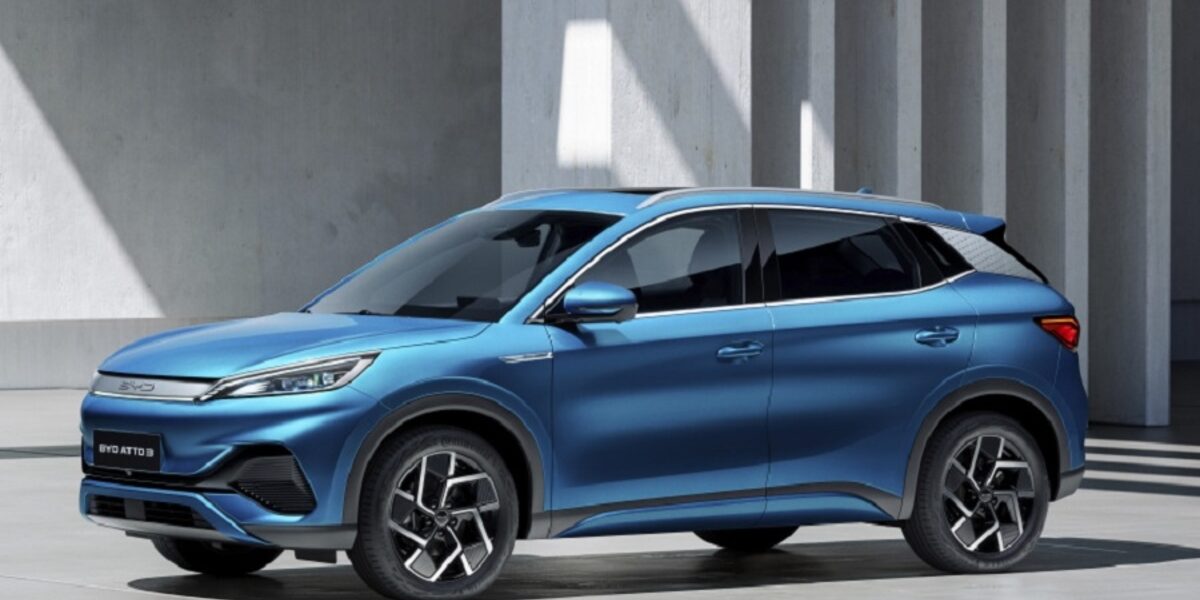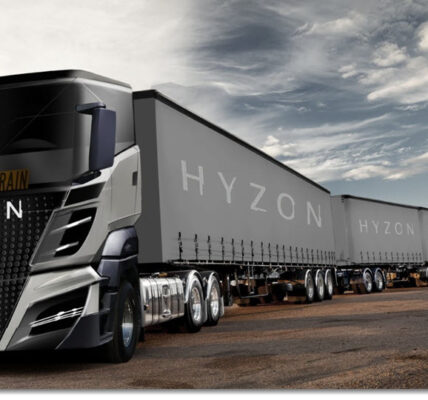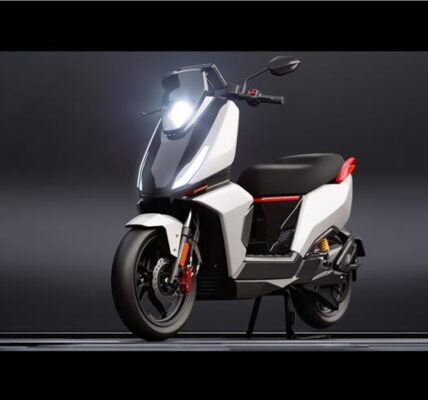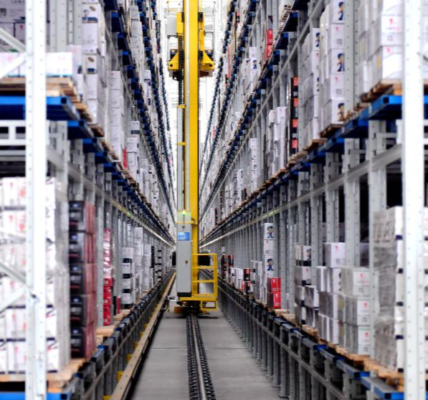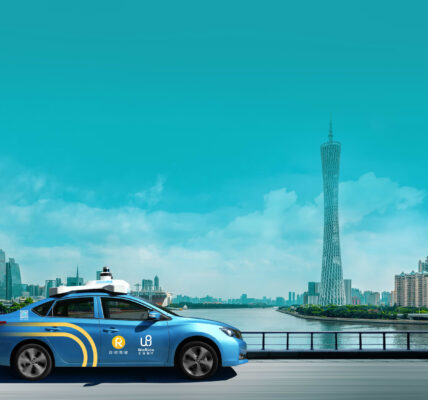BYD plans to build its first European car factory in Hungary, part of a push by the Chinese electric-vehicle powerhouse to challenge Tesla as the dominant maker of battery-powered cars.
The plant in the southern city of Szeged will produce EVs and plug-in hybrids for the European market and create thousands of jobs, BYD said on Friday (Dec 22). The move comes a few months after Brussels announced a probe into state subsidies to Chinese EV makers, and might help BYD dodge any resulting import tariffs.
BYD’s decision caps a year of courting from European countries including Germany and France, hoping to win the investment and employment coming with an auto plant. Chinese brands such as BYD, SAIC Motor and Nio have been expanding in Europe to become less dependant on their home market, where oversupply and a price war Tesla touched off over the last year are weighing on profits.
The decision is a win for Hungary, which has become one of the leading European hubs for the EV industry, where production facilities help mostly German carmakers such as Mercedes-Benz Group, Volkswagen’s Audi and, most recently, BMW transition from the era of combustion engines.
The country has received an estimated 20 billion euros (S$29.2 billion) of EV-related investments in the past five years, including a 7.3 billion euros battery plant China’s Contemporary Amperex Technology Ltd is building in the eastern city of Debrecen. BYD already produces electric buses in the Hungarian city of Komarom.
Hungary will provide subsidies for the BYD plant, though it will only publish the amount after receiving the European Commission’s approval, Foreign Minister Peter Szijjarto said in a statement.
“This is set to be one of the biggest investments in Hungarian economic history,” Szijjarto said.
While Chinese manufacturers’ market share in Europe is still low, the country’s dominance in plug-in vehicle production has put the country in position to challenge Japan for the global lead in automotive exports. BYD is expanding in Europe in part because it can charge higher prices there. Its Dolphin compact crossover starts at €35,990 in Germany, more than double the asking price in China.
In a decree published late Thursday, Prime Minister Viktor Orban assigned 46.3 billion forints (S$177 million) in financing from the budget to upgrade road, rail, power, gas and water infrastructure around an industrial park in Szeged, without naming BYD in the document.
The EU’s executive body launched an anti-subsidy investigation into Chinese EVs in October, alleging that state support has helped to keep prices artificially low. This may lead to countervailing action such as higher tariffs against imports.
BYD along with Shanghai-based SAIC and Zhejiang Geely Holding Group have been made a focus of the EU investigation. Beijing has repeatedly criticised the move, calling it a breach of World Trade Organization rules. Europe is the biggest EV export region for China, receiving more than 600,000 vehicles as of November this year.


